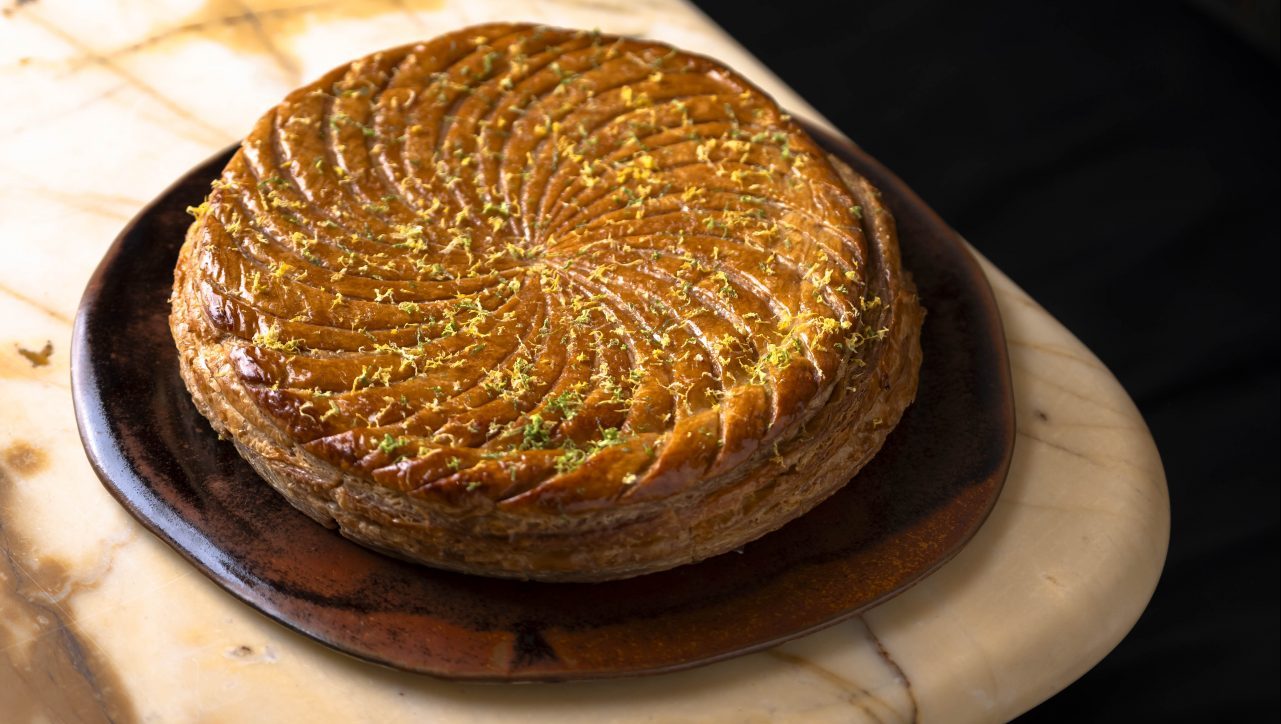You may remember that we used to have a prime minister called Boris Johnson. In spite of the fact that Boris is hardly a common male given name in this country, English is nevertheless apparently his native language.
It was interesting to note that when, quite recently, he appeared before the UK Covid-19 inquiry, Mr Johnson used the verb “to twig” several times. In expressing and acknowledging his and his government’s bewilderment and incompetence in the face of the huge problems caused by the pandemic, he stated, remarkably and revealingly: “We should have collectively twigged much sooner. I should have twigged.”
The verb to twig is probably best paraphrased as a colloquial way of saying “to realise, to come to understand, to perceive, to catch on, to cotton on”, as in “I gave him yet another clue, but he still didn’t twig”. This word is not at all associated with formal styles of English, which is probably why it aroused attention when Mr Johnson used it in that rather formal context.
According to the Oxford English Dictionary, the etymology of the verb to twig is “unascertained”. The Oxford Etymological Dictionary similarly states that it is “of unknown origin”, and many other reputable works of reference are similarly reluctant to hazard a guess as to the source of this word.
But in fact the origin of to twig does not seem to be that difficult to discover. The source appears rather obviously to lie in the Gaelic language: the Irish and Scottish Gaelic word tuig means “to understand”.
It probably did not occur to many etymologists to look for an origin in Gaelic, as there are rather few Gaelic loanwords in English. Some of those refer to clearly Scottish phenomena, such as sporran from Gaelic sporan “purse”, whisky from Gaelic uisge beatha “water of life”, and clan from Gaelic clann “family”. Borrowings of more general vocabulary include slogan “war cry” from sluagh “host, army” + gairm “cry, shout”, and galore “in abundance” from Irish go leór and/or Scottish Gaelic gu leòr, leòir “sufficiency, sufficiently, enough”.
Loanwords in English from Gaelic include a number of originally colloquial words other than twig, such as gob “mouth” from Gaelic gob “beak, muzzle, mouth”, and pet “an animal kept for pleasure or companionship” from Scottish Gaelic peata “tame animal”.
The English slang term “moniker” (name) has a particularly interesting Gaelic-origin history. It ultimately is derived from the Irish Gaelic form ainm “name”, but its transfer into English was not at all direct. Ainm was transformed into monik through a process of deliberate deformation within the Irish anti-language known to linguists as Shelta, which is cryptolect – a secret language, or rather set of vocabulary items – used by Irish Travellers.
Shelta is based to a considerable extent on Irish Gaelic, but it is not immediately comprehensible to Irish speakers – which is of course the point. Many Shelta words are Gaelic forms which have been disguised using techniques such as reversal, as with gop “kiss” from Irish póg, or the addition of sounds, as with gather “father” from Irish athair. Producing moniker from ainm involves both these processes. Other such examples include lakeen “girl” from Irish cailín “colleen”, and rodas “door” from Irish doras. The word for son was changed from Gaelic mac to Shelta kam.
Whisky Galore!
Whisky Galore! is a comedy based on the 1947 novel by Compton Mackenzie, set during the second world war in the Outer Hebrides. A cargo ship is wrecked with 50,000 cases of whisky on board. Islanders manage to salvage several hundred cases before the ship sinks. It may well be the only English-language film with a two-word title where both words are originally Gaelic.




